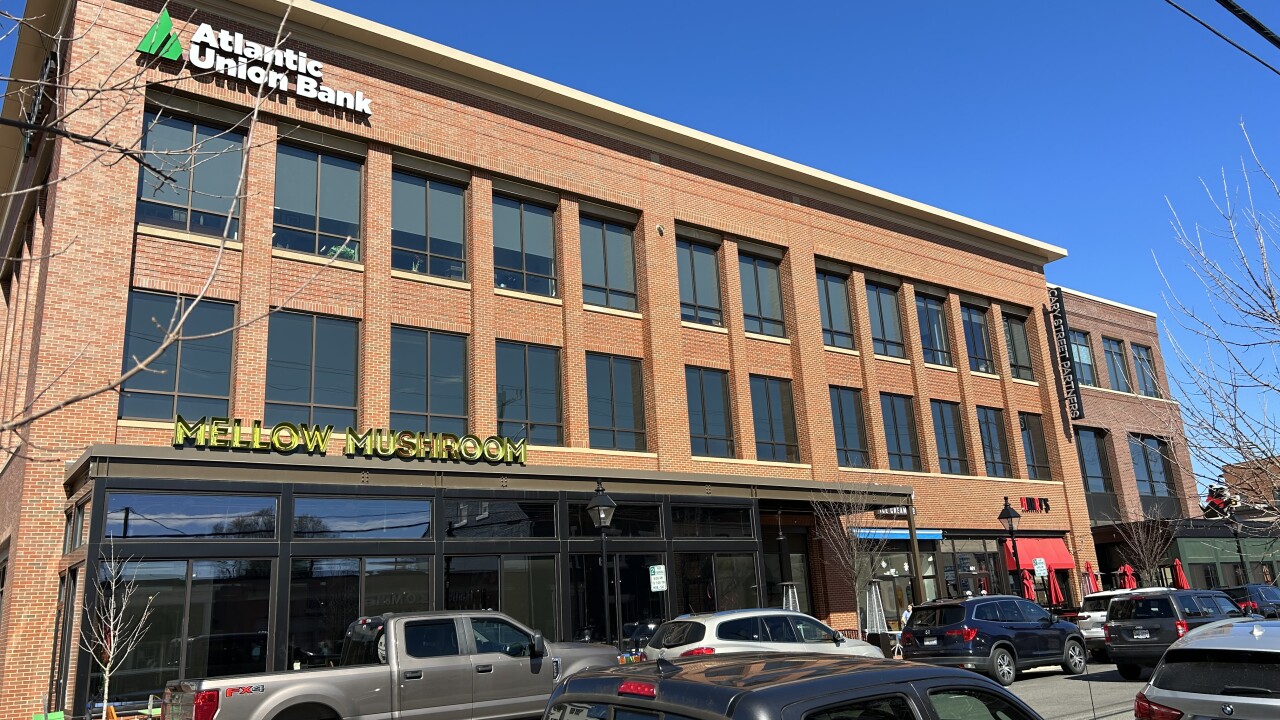Modern technology is making it easier for fraudsters to trick consumers into believing they are making payments from their accounts to legitimate providers, but governing bodies in the U.K. are putting the brakes on rushing to create a new fund to compensate victims of those scams.
After obtaining feedback on a proposal from seven U.K. banks to levy a transaction fee on certain Faster Payments transactions in order to establish a sustainable way to reimburse Authorized Push Payments fraud victims, Pay.UK rejected the introduction of those fees at this time.
Pay.UK, the country's retail payments authority, reported it received 41 responses from different types of payment service providers, as well as some businesses and charities, after floating the fee proposal.

It noted that responses were mixed in terms of supporting the rule change, with only a third of PSPs saying they would be willing to pay a fee. Twelve respondents were in favor, while 24 opposed the idea.
Much of the pressure building in the U.K. to address the growing fraud problem on push payments stems from the payments industry regulators implementing a voluntary code that agrees to refund all customers who fall for APP scams, provided they did everything expected under the code, known as the Contingent Reimbursement Model.
"The code came into effect in May of this year, but the question remains how the reimbursements will be funded," said Zil Bareisis, a London-based senior analyst for research firm Celent.
It's also difficult to assess an immediate remedy when the fraud scenario and who is liable is complex. "Even though the victim is tricked into making a payment to a scammer, it is a payment "explicitly authorized by the user," Bareisis said. "It's hard for banks to decline executing the payment."
In addition, banks are generally not liable, meaning the victims are unlikely to be refunded on these types of push payments, Bareisis added.
Payments regulators in the U.K. have acknowledged the APP scam is the second largest fraud segment behind payment cards and the fastest growing type of fraud in the U.K.
APP fraudsters have deployed social engineering cons and fake accounts to dupe victims into thinking the payouts are legitimate.
The country's Lending Standards Board is recommending payment service providers strengthen their procedures to prevent, detect and respond to APP fraud procedures. In return, customers of those PSPs following the code guidelines would be reimbursed if falling victim to a scam payment.
A customer is defined as either a consumer, micro-enterprise or charity in the code.
To fund the compensation, signatories of the code established a "no blame fund" to provide reimbursements as an interim measure until a new, long-term funding arrangement is in place.
In a statement to media, Pay.UK says it is "now calling on industry and regulators to work together to find a solution that gives customers peace of mind and meets the needs of different types of payment providers."
But there is a sense of urgency from those who fear the code doesn't have much backbone without funds supporting its premise. "We urge any government to work together with the Payment Systems Regulator to put new laws in place quickly that ensure victims are protected and reimbursed," Stephen Jones, chief executive of industry lobby UK Finance, said in a statement to media.
UK Finance will continue to call for new legislation to make the Contingent Reimbursement Model mandatory and agrees with the Treasury Committee and consumer groups that "the issues of liability and reimbursement should best be addressed by new laws rather than just a voluntary code alone," Jones added.
Prior to late 2018, Pay.UK was known as the New Payment System Operator. It rebranded to Pay.UK after the consolidation of the





